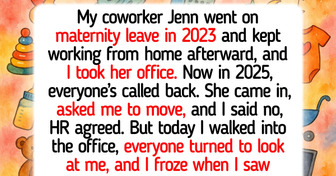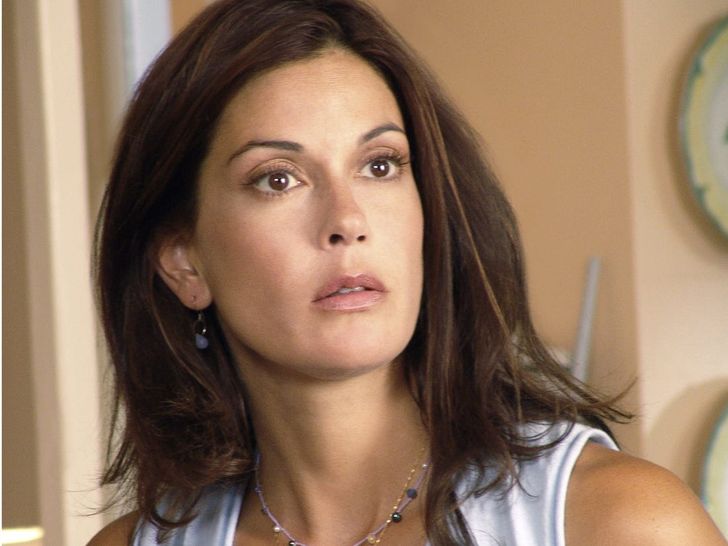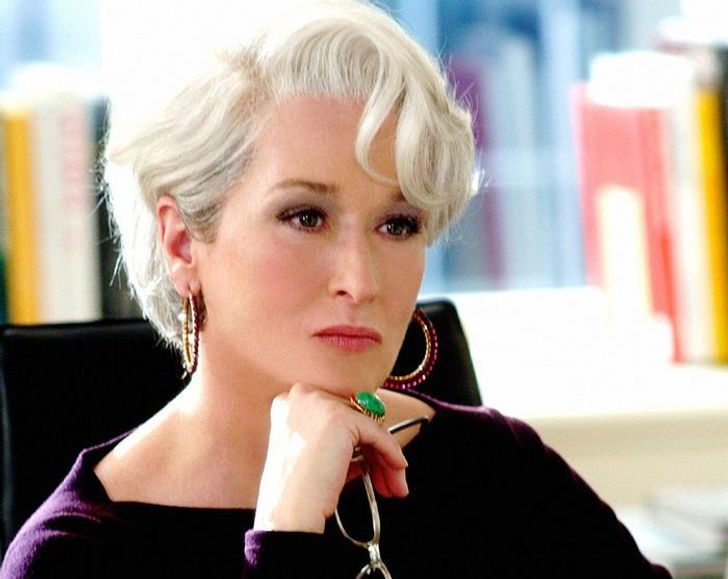I've never liked Cersei and now I see why ?
A Psychologist Analyzes 8 Popular Characters, and It Turns Out We Didn’t Know Them at All

One of the reasons we love watching different TV series or films so much is the presence of certain characters, who really appeal to us and whose stories make us care. But sometimes the scriptwriters bestow them with some really deep meaning and features that are not very obvious at first sight.
We at Bright Side thought it would be really interesting to present you with a detailed personality analysis of our beloved characters from a psychologist who specializes in art.
1. Daenerys Targaryen, Game of Thrones
Throughout the series Daenerys appears in various guises. She grew up in a pretty unhealthy family, where she was constantly abused. The psychologist explains that her childhood traumas and fears made her go through a cycle consisting of 3 roles: a Victim, a Savior, and an Aggressor.
She saved people because no one saved her and she wanted to have power, because for a long time she wasn’t able to control her own life. Thus her experience showed that a person’s tough past can make her stronger, but at the same time destroy her life and many other’s lives at the same time.
2. Carrie Bradshaw, Sex and the City
This character, as the psychologist analyzes, is infantile: she is over 30, but is still waiting for her prince and can’t handle her own finances. All her thoughts and actions are about finding love, but she isn’t interested in firm, simple, or straightforward relationships — she thinks they lack real love.
However, it seems that she may be unconsciously avoiding a real relationship and marriage. The proof of this is that she only chooses men who are incapable of and not interested in long-lasting relationships or who don’t have feelings for her. And all of this makes her really unhappy: if she realized that she was a loner, she wouldn’t chase illusions and her life would be better.
3. Gregory House, House M.D.
Characters like this, who are very self-confident, highly intellectual, always break the rules, and can’t get along with people, are very appealing and considered to be sociopaths. However, as the psychologist suggests, if we take a closer look, we will see that this is an incorrect depiction.
Real sociopaths are not capable of empathy at all, things like love and friendship don’t exist for them. But in the case of Gregory House, we see that he is full of it, even though he prefers to hide it. He always notices when his friends, colleagues, and even patients feel bad, and tries, sometimes in his own really rude manner, to help and take care of them.
4. Cersei Lannister, Game of Thrones
This powerful woman is ready to get everything she wants, she manipulates everyone and seems to be absolutely ruthless. It is very important for her to always feel superior over others, and all this, as the psychologist points out, is very typical of a narcissist.
Moreover, these people are not able to truly love someone. And even though her children are the only thing that Сersei is not indifferent to, it raises a question: Is it real love or does she just see her own reflection in them?
5. Monica Geller, Friends
It may sound really surprising, but we have another narcissist here. You may have never thought of cute little Monica in this way, but actually there are some traits in her that, according to the psychologist, make her narcissistic. During her childhood, she had been in the shadow of her big brother, and it left a certain traumatic mark on her that she wanted to overcome as an adult.
She became a perfectionist, and she loves discipline and control. Moreover, she has a permanent desire to win and be the first one to do something. This is actually a healthy manifestation of narcissism that gives a person positive energy and self-confidence.
6. Samantha Jones, Sex and the City
Samantha is indeed a very independent woman, who knows what she wants and doesn’t care much for others’ opinions. She opposes herself to many “accepted” social norms and chooses to not have a family and children. And she never depends on her partners and she loves herself more than anyone else. However, it’s here that our psychologist questions her ability to be in a close relationship.
She always keeps a distance and doesn’t emotionally dive into a relationship, she would rather be the person who doesn’t need anyone. And this makes her a female version of Mr. Big in the movie.
7. Susan Delfino, Desperate Housewives
This is, as our psychologist believes, another character with the psychology of a victim. These people avoid solving their own problems: we see that Susan is in need of permanent care — her men and, even her daughter, handle many things for her, that she should actually be doing herself.
Moreover, it seems that from many other options, she chooses to suffer and she does very little to make her life better. This is caused by an unstable relationship with her mother. Susan just never had a chance to gain some confidence and she always expects the worst. However, she is an example of a victim that tries to escape from her circumstances: we see her attempts to find more reliable men and even get a stable job.
8. Miranda Priestley, The Devil Wears Prada
She is a boss-perfectionist, who is never pleased, never accepts other’s opinions, and indeed is a high-level professional. Everyone is afraid of her, but at the same time her employees admire her and never quit their jobs. This, as the psychologist suggests, looks like your typical Stockholm syndrome: the more strict the boss is, the better everyone does their job.
However, this character is hiding something else. She is very successful, respected, and independent, but she doesn’t look happy at all. So in the movie, she’s not an ideal role model, but rather a warning character. She gave too much to her career and now has nothing to live for except that.
What interesting thoughts about popular characters do you have?
Comments
Honestly speaking I have never went that deep into overthinking the movie, that I's analyse the character.But maybe it's because I don't understand much in psychology
Related Reads
I Canceled Paying for My Grandson’s Life Costs, and He Turned My Kindness Into a Price

I Refuse to Let My Grandkids Stay With Me, I Already Did My Part as a Mother

I Let My MIL Join Our Family Trip—And It Turned Into Chaos

I Refuse to Walk My Daughter Down the Aisle With the Man Who Ruined Our Family

15 Acts of Kindness That Showed Unbreakable Spirit

I Refused to Return My Coworker’s Old Office—Now the Whole Team Has Turned on Me

I Refuse to Pay Into My Stepson’s College Fund—I’m Not His ATM

I Refused to Let My Stepmother Dictate My Wedding—I Have Been Too Kind

18 Seniors Whose Sharp Wit Proves Humor Only Gets Better With Age

HR Promised Me a Raise Then Gave Me Zero—So I Quietly Got Even

I Canceled My Sister’s Free Childcare—Her Cruel Words Cost Her My Support

I Refused to Work From the Office After a Decade of Remote Work—My Boss Escalated It to HR








